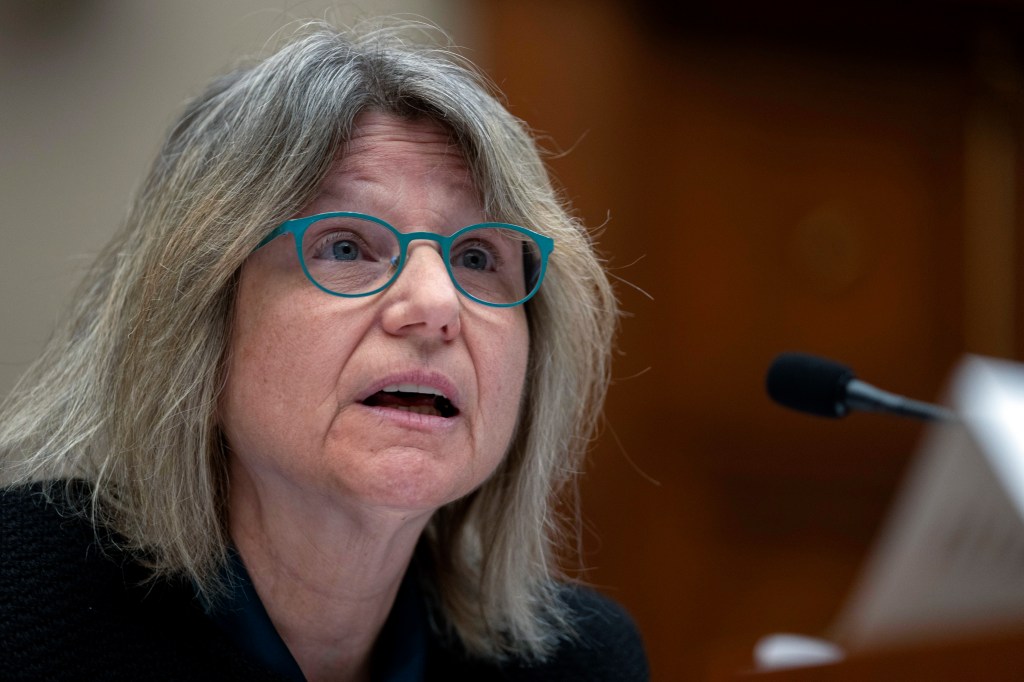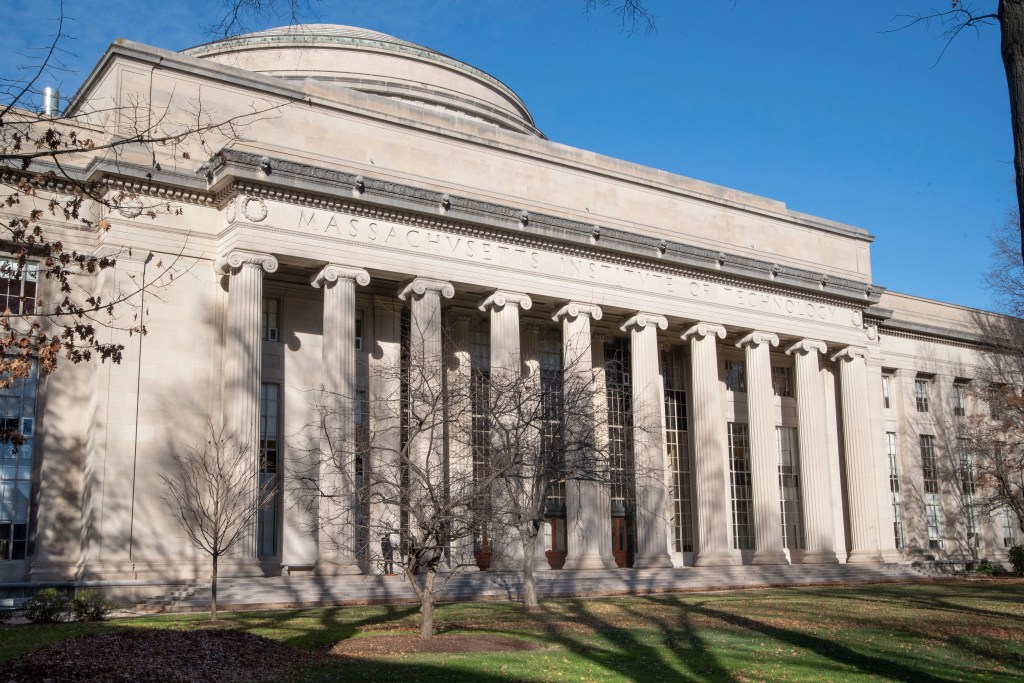The Massachusetts Institute of Technology will no longer require prospective hires to pledge allegiance to the principles of diversity, equity and inclusion as an employment condition, becoming the first elite university in the country to do away with the controversial practice denounced by free speech advocates as a “political litmus test.”
“Requests for a statement on diversity will no longer be part of applications for any faculty positions at MIT,” a university spokesperson told The Post in an emailed statement, noting that the decision was made by MIT President Sally Kornbluth along with the support of the Provost, Chancellor, and all six academic deans.
“My goals are to tap into the full scope of human talent, to bring the very best to MIT, and to make sure they thrive once here,” Kornbluth said. “We can build an inclusive environment in many ways, but compelled statements impinge on freedom of expression, and they don’t work.”

Part CV and part DEI loyalty oath, diversity statements have become common practice in higher ed in recent years, compelling faculty or research applicants to bloviate over 2-3 pages about their commitment to “advance excellence in diversity, inclusion, equity, and belonging as a teacher and a researcher in higher education,” as Harvard describes its own diversity statement requirement.
Similar descriptions can be found on the homepage of just about any prominent school in the US as top universities scramble to loudly proclaim their commitment to the practice.
Princeton peddles its diversity statement requirement as “an opportunity for you to highlight the ways you would advance an institution’s DEI work,” while Columbia University furnishes job seekers with a 4-page guide to help applicants “showcase your understanding and activities” around diversity and inclusion.
As one of the country’s most prestigious institutes of higher learning, MIT fields job applications from some of the world’s top scientific minds. But even those applying for highly specialized fields weren’t spared the diversity statement requirement.
In a 2023 faculty job posting for MIT’s Department of Nuclear Science and Engineering, sandwiched between a requirement for three or more reference letters and examples of published research, candidates are instructed to provide “a statement regarding their views on diversity, inclusion, and belonging, including past and current contributions as well as their vision and plans for the future in these areas.”

Such practices, though now commonplace at American universities, have long been condemned by academic freedom and free speech advocates as a political exercise.
“Academics seeking employment or promotion will almost inescapably feel pressured to say
things that accommodate the perceived ideological preferences of an institution demanding a
diversity statement, notwithstanding the actual beliefs or commitments of those forced to speak,” the nonprofit Academic Freedom Alliance wrote in an August 2022 letter.
Freedom of speech advocacy group the Foundation for Individual Rights and Expression (FIRE), warned that diversity statement requirements “function as ideological litmus tests” which “threaten employment or advancement of opportunities for faculty who dissent from prevailing thought on DEI.”














